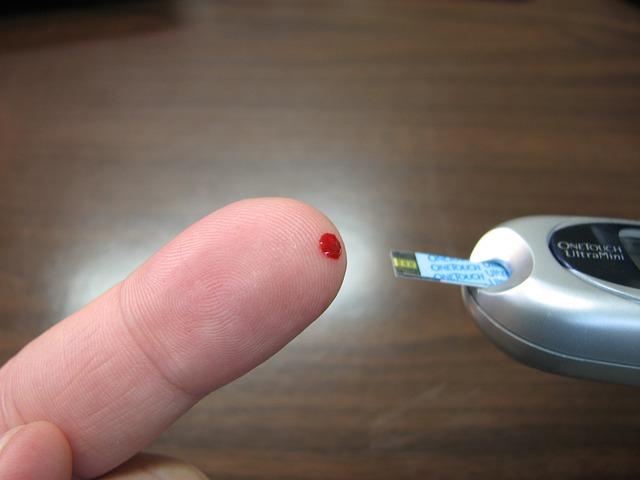
Monitoring blood glucose levels is a crucial aspect of managing diabetes. Whether you have type 1 or type 2 diabetes, understanding the importance of monitoring your blood glucose levels is essential for maintaining your health and well-being. In this article, we will explore the reasons why monitoring blood glucose levels is important, as well as some tips for effectively monitoring your levels.
First and foremost, monitoring blood glucose levels helps you keep track of how well you’re managing your diabetes. By regularly checking your blood sugar levels, you can see how your body is responding to medication, diet, and exercise. This information can help you and your healthcare team make necessary adjustments to your treatment plan to better control your diabetes and prevent complications.
Monitoring blood glucose levels also allows you to see how certain foods, activities, and stress levels affect your blood sugar levels. By identifying patterns in your blood sugar levels, you can make more informed choices about what to eat, how much exercise to get, and how to manage stress. This can help you avoid spikes and dips in blood sugar that can be harmful to your health.
Additionally, monitoring blood glucose levels can help you catch potential problems early. By keeping a close eye on your blood sugar levels, you can detect when your levels are too high or too low and take action to correct them. This can prevent serious complications such as diabetic ketoacidosis or hypoglycemia, which can be life-threatening if left untreated.
Monitoring blood glucose levels is also important for preventing long-term complications of diabetes. High blood sugar levels over time can damage blood vessels and organs, leading to cardiovascular disease, kidney disease, nerve damage, and vision problems. By keeping your blood sugar levels within target range, you can reduce your risk of developing these complications and maintain a higher quality of life.
There are several ways to monitor blood glucose levels, including fingerstick testing, continuous glucose monitoring (CGM) systems, and flash glucose monitoring devices. Fingerstick testing involves pricking your finger with a lancet and using a glucose meter to measure your blood sugar levels. This method is commonly used for self-monitoring at home and provides quick and accurate results.
CGM systems and flash glucose monitoring devices are newer technologies that offer continuous monitoring of blood glucose levels throughout the day. CGM systems use a sensor inserted under the skin to measure glucose levels in the interstitial fluid, while flash glucose monitoring devices use a patch placed on the skin to measure glucose levels in the interstitial fluid. These devices provide real-time data on blood sugar levels and trends, allowing for better management of diabetes.
In addition to monitoring blood glucose levels, it’s important to know what your target blood sugar levels should be. The American Diabetes Association recommends the following targets for most adults with diabetes:
– Fasting blood sugar (before meals): 80-130 mg/dL
– Blood sugar 1-2 hours after meals: less than 180 mg/dL
However, it’s important to work with your healthcare team to determine the best targets for you based on your individual circumstances. Factors such as age, duration of diabetes, overall health, and other medical conditions can affect your blood sugar targets.
In conclusion, monitoring blood glucose levels is a critical aspect of managing diabetes and maintaining your health. By regularly checking your blood sugar levels, you can better control your diabetes, prevent complications, and lead a healthier life. Talk to your healthcare team about the best ways to monitor your blood glucose levels and develop a personalized treatment plan that meets your needs. Remember, knowledge is power when it comes to managing your diabetes, so stay informed and proactive about your health.

















